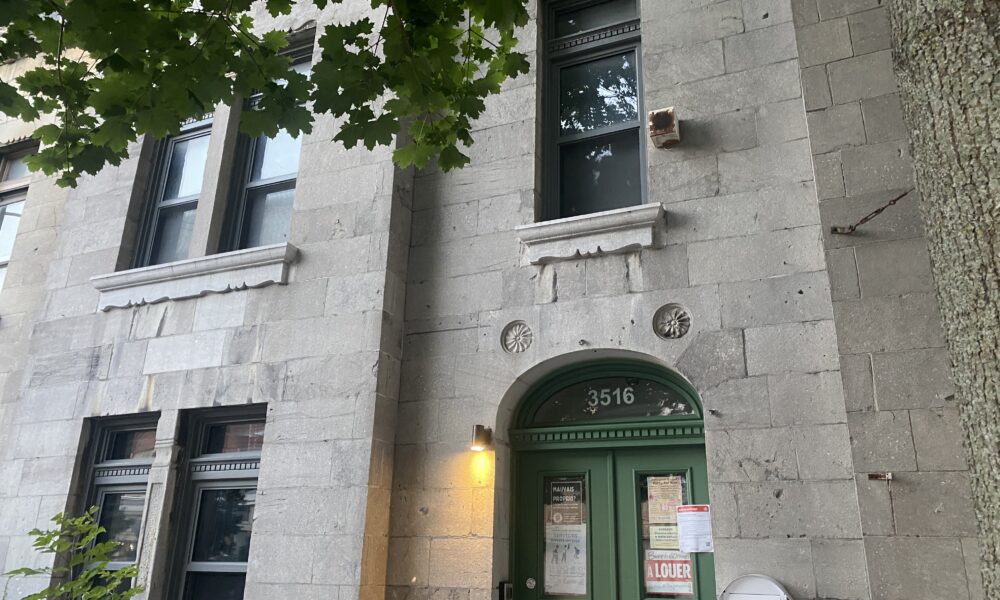The Quebec Public Interest Research Group at McGill (QPIRG) is rolling out a Community Membership program this fall. Although only McGill students were previously eligible for membership at QPIRG—a grassroots collective concerned with anti-oppressive social and environmental justice—this new program will allow those in the greater Montreal community the opportunity to connect more deeply with the organization.
QPIRG offers a variety of services such as Rad Frosh, event series such as Culture Shock and Spring Into Action, and access to an Alternative Library and a free textbook loan program. Any McGill student who has paid their student fees for the semester, including the $5 CAD opt-outable QPIRG fee, is automatically a member of QPIRG. Although membership was previously reserved for McGill students, QPIRG’s programming has always been open to the general public.
The new Community Membership program has introduced two tiers of non-student enrollment: A basic annual membership option, which is equivalent to a student membership, and a “Friend of QPIRG” option.
The basic membership, which operates on a pay-what-you-can model with a suggested fee of $10 CAD, entitles the holder to printer access for 500 political posters and 100 personal prints annually, a reserved copy of the planner and resource guide that QPIRG publishes every year, and a membership card. The “Friend of QPIRG” option, priced at $15 CAD, further entitles purchasers to a QPIRG tote bag, a personal thank you postcard, and “bonus surprises throughout the year.”
Nelly Wat, QPIRG’s full-time Outreach and Promotions Coordinator, explained that the organization began to consider implementing a non-student membership system as early as February 2024 to address their increasingly limited finances. Citing a rise in the cost of resources, Wat stated that QPIRG has had to cut the budgets of their Working Group, which are collectives that undertake research and action through organizing around a specific social justice issue. Current working groups include The Black Healing Centre, Solidarity for Palestine’s Honour and Resistance (formerly Solidarity for Palestinian Human Rights) at McGill, and The Trans Patient Union. QPIRG has also had to indefinitely suspend discretionary funding opportunities for small-scale projects to keep their external services available.
“As long as we’re able to address this budget crisis we’re in, [our] events will remain free,” Wat said.
Nhuan Dong, a non-student member of QPIRG who also sits on the organization’s board, told The Tribune that the new membership program also seeks to increase QPIRG’s connection with the community.
“We have been having financial issues with operational costs […] and also were trying to find a way to re-engage with non-student community members in a more meaningful way so that people feel they are really a part of [QPIRG] instead of loosely connected.”
As a McGill alumnus (BA ‘24) who was employed by the QPIRG Alternative Library during his time as a student, Dong expressed how meaningful QPIRG continues to be in allowing him to maintain connections and seek personal development opportunities. Dong noted that the organization was especially important in supporting him in transitioning from the university to the workforce.
Wat echoed this sentiment, explaining that the membership model will only provide a small supplement to revenue and is more about heightening McGill students’ awareness of what the QPIRG entries on their Minerva statements contribute to.
“Community members access our services for free. They don’t pay a fee levy to QPIRG, but students do. So [this] would level the playing field […] and help students realize they get a lot for their dollar.”
In an email to The Tribune, Carl Bystram, another representative from QPIRG, added that the fee increase would draw students’ attention to the financial contributions they provide to the organization through student fees while promoting their services.
“We hope that the membership campaign will encourage them to learn about our events, campaigns, programs and services, and to hopefully directly benefit from the organization that they have helped to build,” Bystram wrote.







